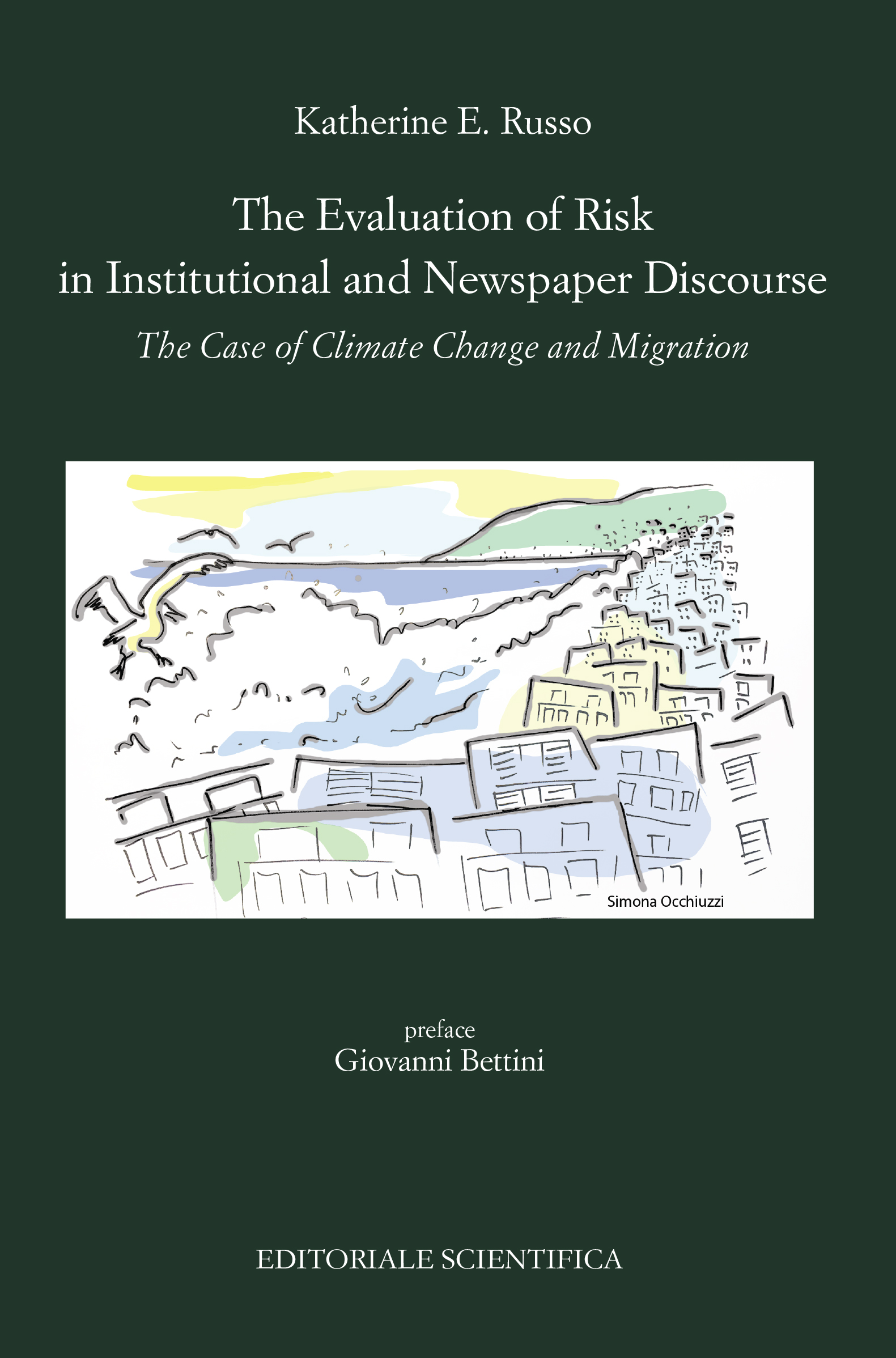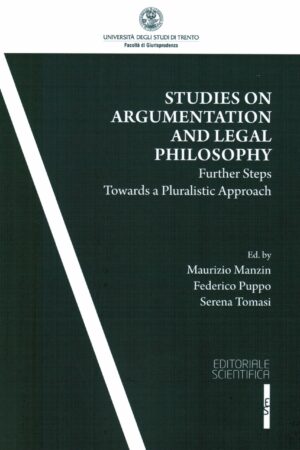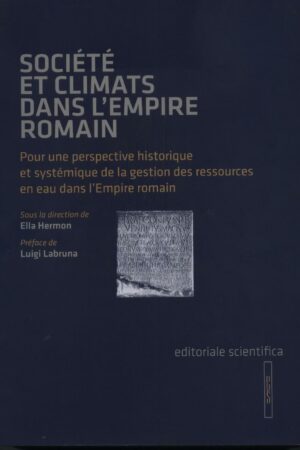Descrizione
Indice-The-Evaluation-of-Risk-in-Institutional-and-Newspaper-Discourse.pdf
The book investigates how risks are evaluated in regard to two extremely urgent issues: climate change and migration. The communication of risk is far from being stable and unproblematic. While outcomes, such as car mortality and premature birth, are widely defined as risks, outcomes such as environmental sustainability and climate change are often contested and their measurement often leads to controversies. Furthermore, risk communication faces the challenge of conveying specialized information to lay people, and bridging the gap between experts and lay decision-makers may be extremely difficult in the case of ‘contested science’ such as climate change.
The book provides an analysis of the evaluation of climate change and climate-induced migration risks in institutional and newspaper discourse. Evaluation, as the writer’s expression of opinion or subjectivity, may involve different meaning dimensions or parameters which refer to the standards, norms and values according to which people evaluate something through language in a given context. Newspaper discourse shapes public perceptions and through the articulation of public opinion they play an important role in policymaking and institutional discourse. In this light, newspaper genres ‘recontextualise’ and transform scientific, political and institutional social practises conveying them in new texts and social practices, including, crucially, everyday life conversations. This complex process, which spreads information across ‘genre chains’ or ‘networks of texts’, is central to the present study on contemporary representations of climate change and migration as it focuses on the spread of information and science across Anglophone institutional communication and newspaper discourse.
It is recommended for scholars, journalists, institutional communication representative and lay-readers. The analysis of risk discourse in institutional communication and newspaper discourse may indeed reveal how social institutions and conventions influence risk decisions, providing a window into how societies express and define themselves as they grapple with uncertainty about facts, options, beliefs and common values. It may also be used to help readers to be critical about the spectacularization and apocalyptic description of risk science by institutions and news operators. Indeed, while climate change and climate-induced migration are often depicted in apocalyptic tones, what defines risk in opposition to uncertainty and apocalypsis, in the possibility of assessing event probabilities.





